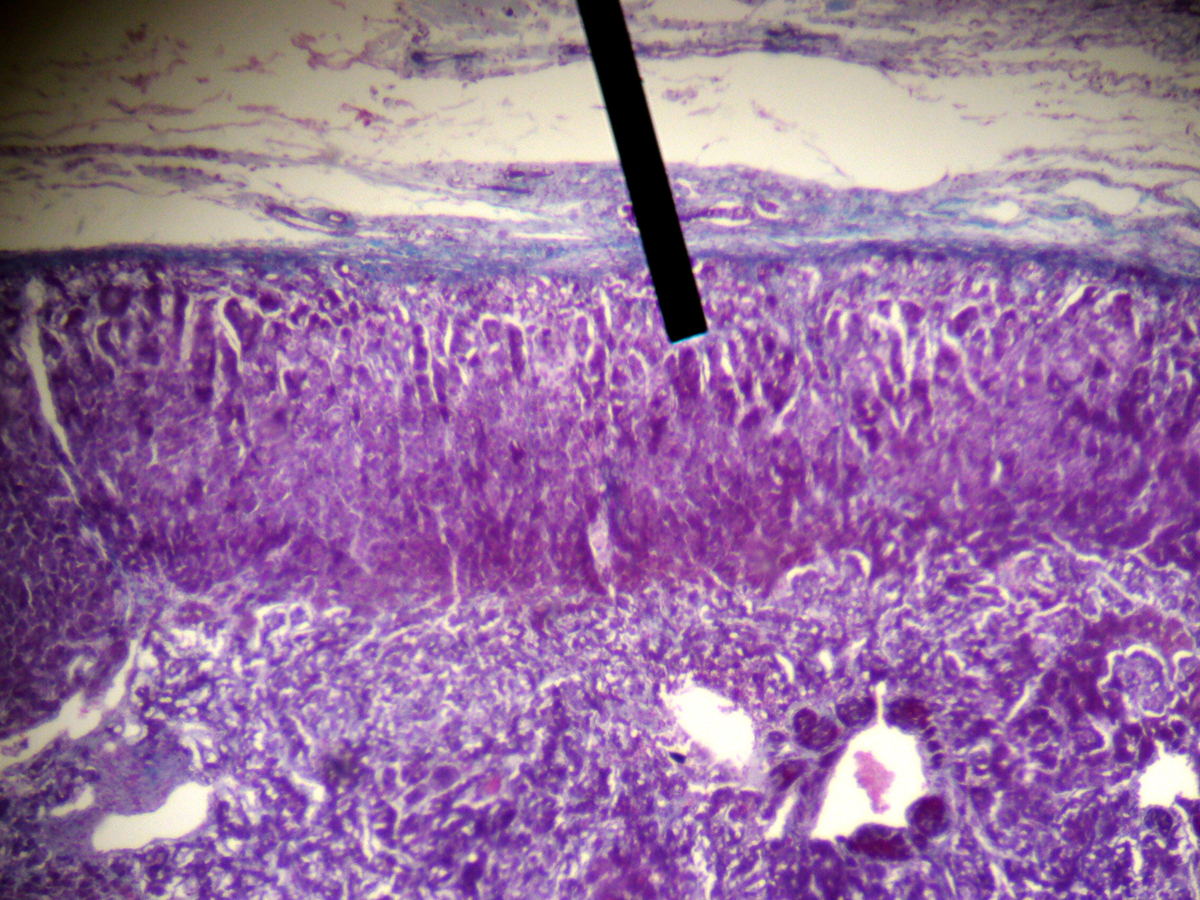
The sympathetic nervous system can become overactive in diseases, such as hypertension (high blood pressure). A boost of sympathetic signaling raises the blood pressure and enhances tone in smooth muscles, which may cause hypertension. These include cardiovascular diseases like ischemic heart disease, chronic heart failure and hypertension. The sympathetic nervous system becomes overactive in a number of diseases, according to a review in the journal Autonomic Neuroscience (opens in new tab). If the opposing forces are mostly balanced, the body achieves homeostasis and operations chug along as usual. The sympathetic and parasympathetic nervous systems rest on either side of a wobbling scale each system remains active in the body and helps counteract the actions of the other. Often, the parasympathetic nervous system communicates with the same organs as the sympathetic nervous system to keep the activity of those organs in check. Having picked up the baton, the second set of neurons extends to smooth muscles that execute involuntary muscle movements, cardiac muscles and glands across the body. These neurons then tag a second set of nerve cells into the relay, signaling them with help from the chemical messenger acetylcholine. Sympathetic neurons exit the spinal cord and extend in two columns on either side of it. Outgoing commands from the sympathetic nervous system exit the spinal cord in the thoracolumbar region, or the mid to lower spine. For instance, a person may jump from the path of a falling tree before they fully register that it's toppling toward them.Ī diagram of the sympathetic nervous system. This response occurs so quickly that people often don't realize it's taken place, according to Harvard Medical School (opens in new tab). Breathing quickens, delivering fresh oxygen to the brain, and an infusion of glucose is shot into the bloodstream for a quick energy boost. A flash flood of hormones boosts the body's alertness and heart rate, sending extra blood to the muscles. The sympathetic nervous system directs the body's rapid involuntary response to dangerous or stressful situations. The system allows animals to make quick internal adjustments and react without having to think about it. Research suggests that distinct types of nerve cells, called neurons, control these different physical reactions by directing the action of skeletal muscle, cardiac muscle and gland secretion.


Without conscious direction, the autonomic nervous system regulates important bodily functions such as heart rate, blood pressure, pupil dilation, body temperature, sweating and digestion, according to a review in the American Journal of Pharmaceutical Education (opens in new tab).

The sympathetic nervous system makes up part of the autonomic nervous system, also known as the involuntary nervous system.


 0 kommentar(er)
0 kommentar(er)
